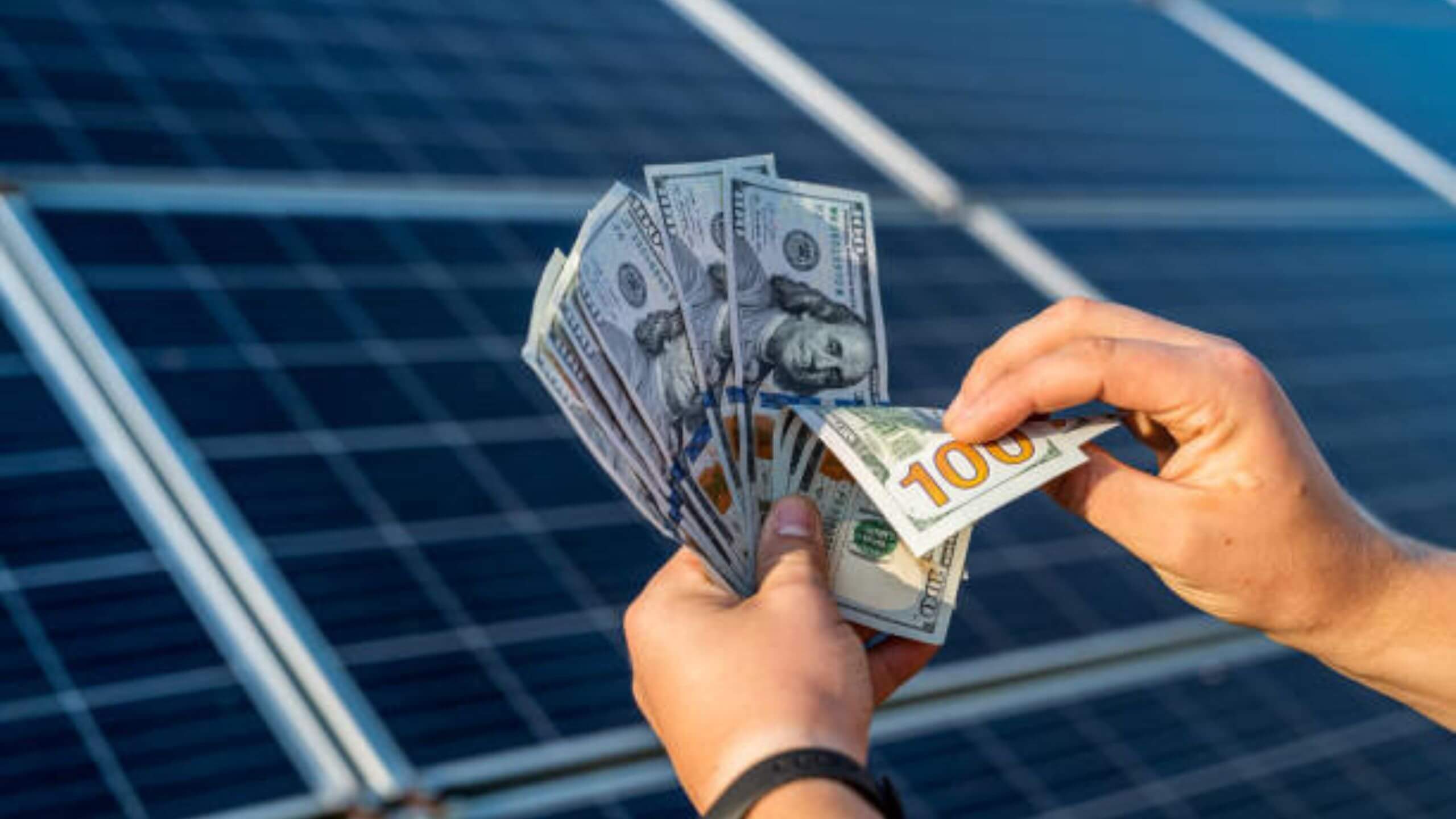In today’s era of renewable energy, Buying Solar Panels have emerged as a popular choice for homeowners and businesses alike. However, choosing the right Buying Solar Panels involves careful consideration of several factors to ensure maximum efficiency and return on investment. Let’s explore the key factors to consider when buying solar panels.
In This Post
1. Energy Requirements Buying Solar Panels
Certainly! When considering the installation of Buying Solar Panels, understanding your energy requirements is paramount. It’s akin to sizing up your appetite before ordering a meal – you wouldn’t want to end up with too much or too little on your plate.
To begin, take a moment to reflect on your household or business’s daily electricity consumption. This can typically be found on your utility bills, which detail the kilowatt-hours (kWh) of electricity used over a given period. If you’re unsure, don’t fret – many utility companies offer online tools or customer service representatives who can assist in providing this information.

2. Roof Suitability
Assessing the viability of your roof for Buying Solar Panels installation is a crucial step in your renewable energy journey. Your roof isn’t just a covering for your home; it’s the potential platform for harnessing the power of the sun and converting it into clean, sustainable electricity.
The first aspect to consider is the orientation of your roof. Ideally, your roof should face south in the northern hemisphere or north in the southern hemisphere to receive the maximum amount of sunlight throughout the day. East- and west-facing roofs can also work, but they may not capture sunlight as efficiently.
3. Quality and Efficiency Buying Solar Panels
When it comes to solar panels, quality and efficiency are key considerations that can significantly impact their performance and longevity. Investing in high-quality solar panels with superior efficiency ratings is crucial to maximizing the return on your investment and reaping the full benefits of solar energy.
One of the first steps in ensuring quality is to choose reputable manufacturers known for producing reliable and durable Buying Solar Panels. Researching and selecting established brands with a proven track record in the industry can provide peace of mind and confidence in your investment.
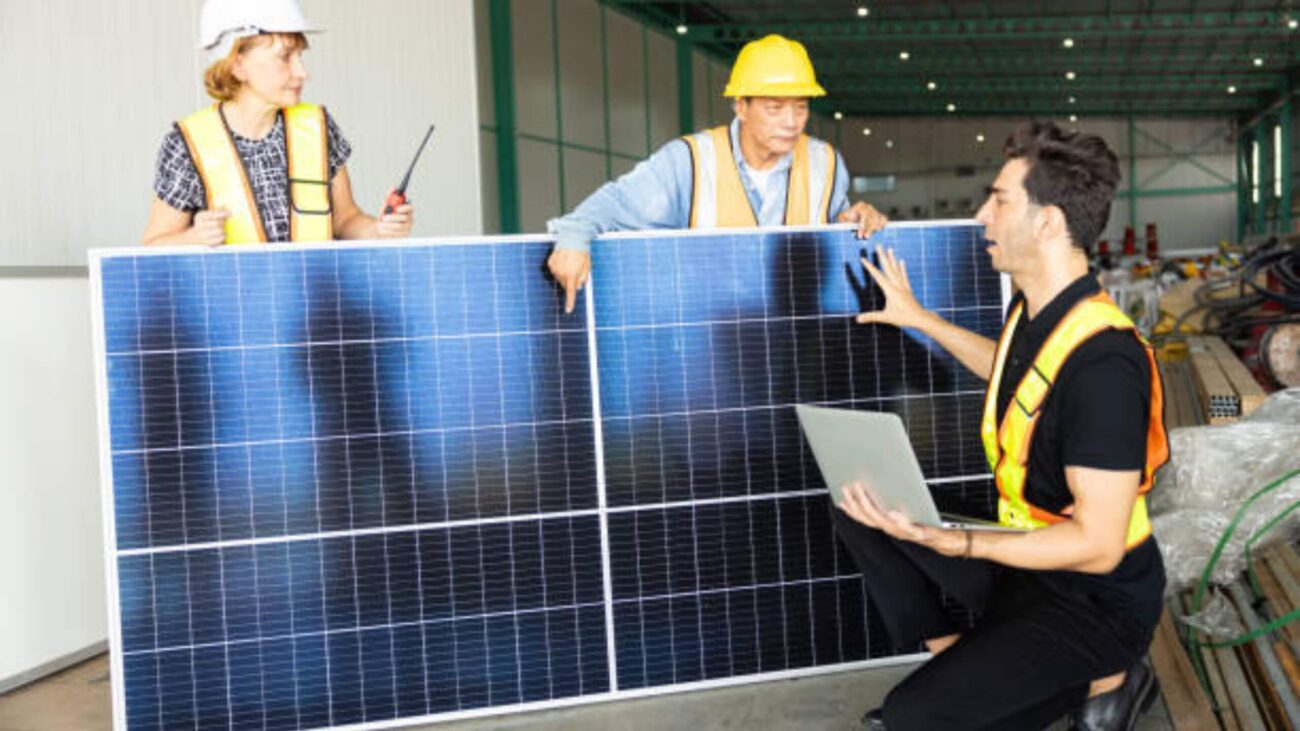
4. Warranty and Durability Buying Solar Panels
When it comes to investing in Buying Solar Panels, considering the warranty and durability is crucial for ensuring peace of mind and long-term performance. Opting for panels with extended warranties and robust construction can safeguard your investment against potential issues and provide assurance of reliable operation for years to come.
First and foremost, check the warranty offered by the solar panel manufacturer. Look for panels with extended warranty periods, typically ranging from 10 to 25 years or more. A longer warranty period indicates the manufacturer’s confidence in the quality and durability of their product.
5. Financial Incentives
When considering the installation of solar panels, it’s essential to explore available financial incentives and rebates in your area. Government incentives, tax credits, and rebates can substantially reduce the upfront cost of solar panel systems, making them more accessible and appealing to homeowners and businesses alike.
Start by researching the various financial incentives offered by federal, state, and local governments. Many countries provide tax incentives or credits for renewable energy investments, including Buying Solar Panels Tech installations. These incentives can offset a significant portion of the initial cost and reduce the payback period for your solar investment.
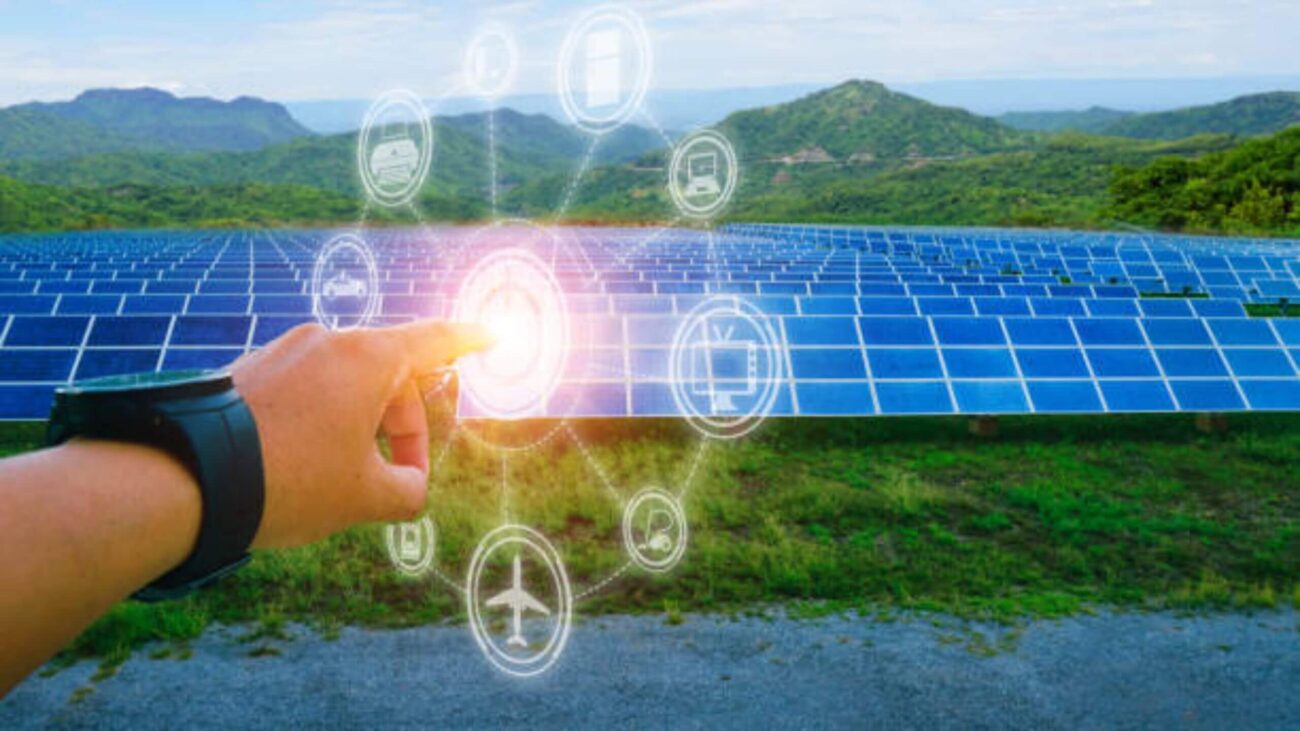
6. Installation Costs
When planning to install solar panels, it’s crucial to consider the installation costs involved. Start by obtaining quotes from several Buying Solar Panels installation companies to compare pricing and services offered. Look beyond the initial cost and consider factors such as installation time, labor expenses, and any additional fees associated with the installation process.
When comparing quotes, make sure to inquire about the specifics of what’s included in the installation package. Some companies may offer additional services such as roof inspection, permitting assistance, or ongoing maintenance, which can impact the overall cost.
7. Maintenance Requirements
When considering the installation of solar panels, it’s essential to assess the maintenance requirements to ensure hassle-free operation. While solar panels typically require minimal maintenance, it’s crucial to conduct periodic cleaning and inspections to maintain optimal performance.
Regular cleaning of solar panels helps remove dust, dirt, and debris that can accumulate over time and reduce energy production. This can be done using water and a mild detergent, along with a soft brush or cloth to gently scrub the surface of the panels.
8. Aesthetics and Design Buying Solar Panels
When considering solar panels, it’s crucial to think about aesthetics and design to ensure they complement your property’s appearance. Opt for panels with sleek, modern designs that seamlessly blend with your roof or building architecture.
Integrated solar solutions or customizable panel designs offer options for creating a visually appealing installation. These panels can be tailored to match the color and style of your roof, ensuring they enhance rather than detract from your property’s aesthetics.
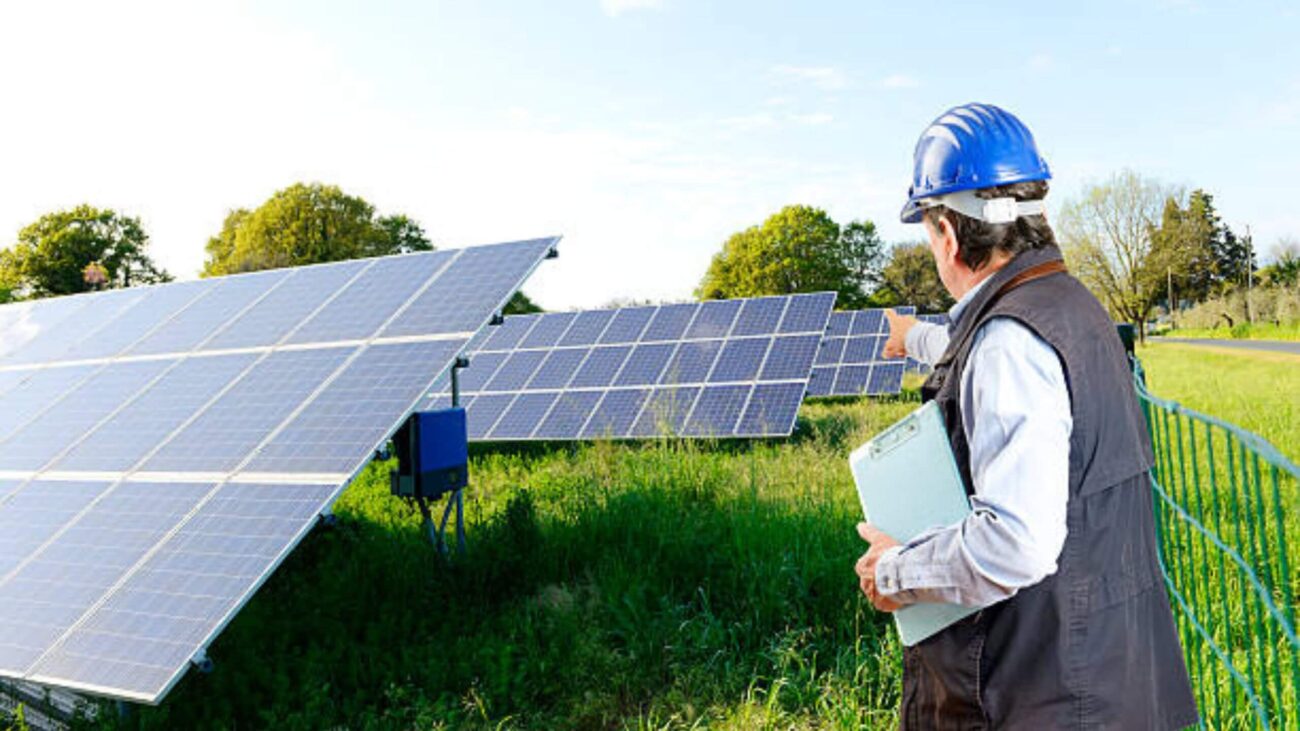
9. Environmental Impact
When considering solar panels, it’s essential to evaluate their environmental impact. Solar energy is a clean and renewable source that reduces carbon emissions and lessens dependence on fossil fuels.
Opt for sustainable solar panels manufactured using eco-friendly materials and production processes. This choice minimizes the environmental footprint of your solar installation and contributes to a greener future for the planet.
By selecting environmentally friendly solar panels, you can harness clean energy while reducing your carbon footprint and supporting sustainable practices.
10. Future Expansion Buying Solar Panels
Future expansion is a crucial aspect to consider when investing in solar panels. Plan for your future energy needs and select a system with scalability in mind. Look for a flexible design that allows for easy integration of additional panels or system upgrades as your energy requirements grow over time.
In conclusion, purchasing Factors To Consider Time Of Buying Solar Panels involves careful consideration of several factors to ensure a successful and cost-effective investment. By assessing your energy needs, evaluating roof suitability, prioritizing quality and efficiency, and exploring financial incentives, you can make an informed decision. This will enable you to enjoy the benefits of clean, renewable solar energy for years to come.
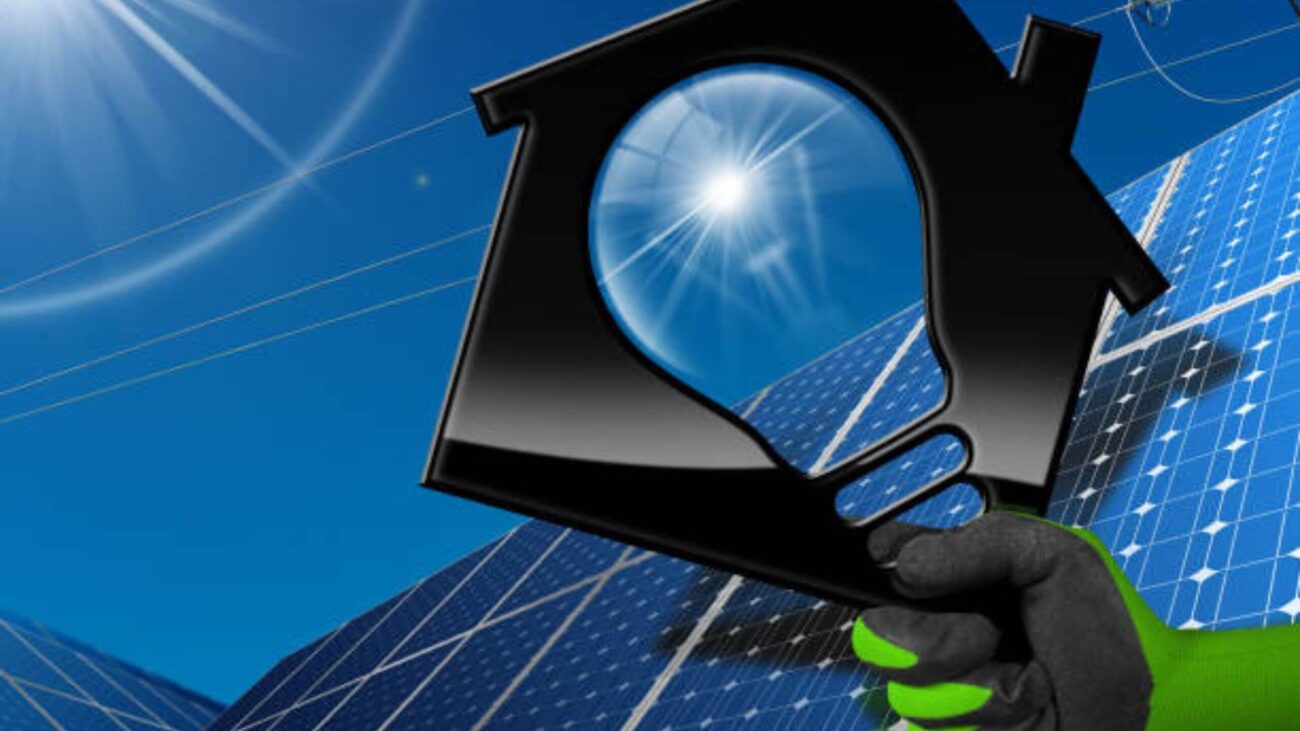
FAQs
How do I determine the size of solar panel system I need for my home?
To determine the size of a Factors To Consider Time Of Buying Solar Panels system for your home, calculate your average daily electricity consumption and consider factors like roof space, sunlight exposure, and energy goals. Use online solar calculators or consult with solar professionals for personalized recommendations tailored to your specific needs.
Are there any government incentives available for installing solar panels?
Yes, government incentives are available for installing solar panels in many regions. These incentives include tax credits, rebates, grants, and net metering programs aimed at promoting renewable energy adoption. Check with local authorities or consult with solar professionals to explore available incentives in your area.
What is the typical lifespan of Factors To Consider Time Of Buying Solar Panels?
The typical lifespan of solar panels ranges from 25 to 30 years. However, many solar panels continue to generate electricity beyond this timeframe, albeit at reduced efficiency. Factors such as panel quality, maintenance, and environmental conditions can influence the longevity of solar panels.
How much maintenance do Buying Solar Panels require?
Solar panels generally require minimal maintenance. Routine tasks include periodic cleaning to remove dirt and debris that may obstruct sunlight. Additionally, occasional inspections to ensure proper functionality and address any issues promptly are recommended. Overall, the maintenance requirements for solar panels are minimal compared to the benefits they provide.
Can I install solar panels on a roof with limited sunlight exposure?
Solar panels can still be installed on a roof with limited sunlight exposure, but their efficiency may be compromised. It’s essential to assess the amount of sunlight the roof receives throughout the day to determine the feasibility of installation. Consider factors like shading from nearby buildings or trees that may affect solar panel performance.
